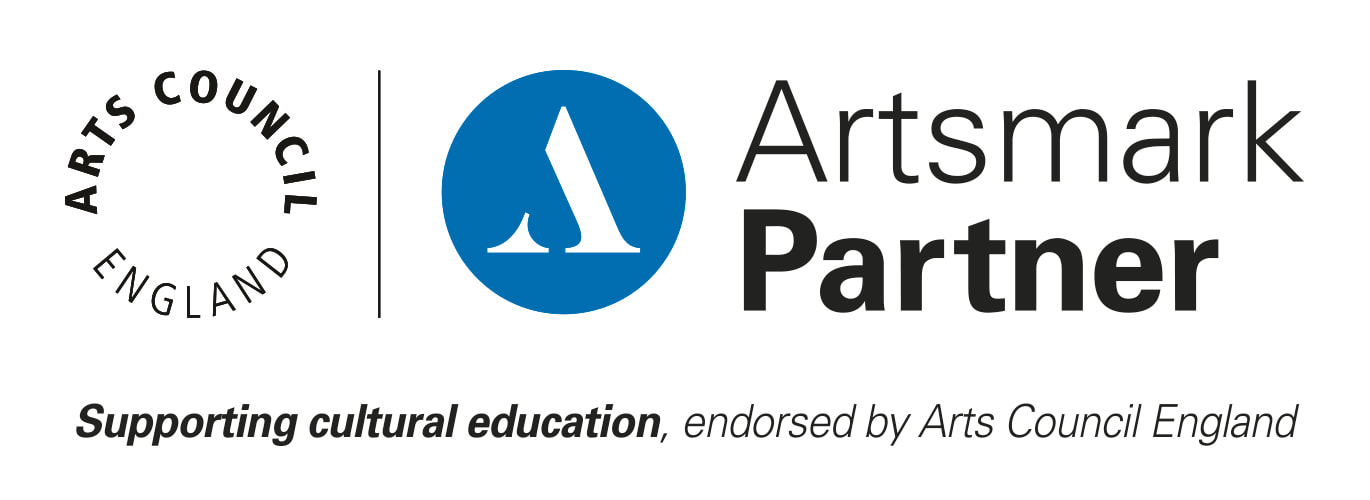Drama PPA in Norbriggs Primary School

In Sept 2016, Gertie began delivering Drama PPA for year 3 and 4 in an ex-coalfields school in Derbyshire in order to:
The Head says Drama: “Develops thinking skills - the children have to have an opinion and have to be able to justify their opinion. Not only to themselves but to their peers. Their peers develop strong questioning skills to try to understand the thoughts/actions of the people involved in the drama.”
The biggest challenges were:
The Head said; “Children were terrified of Drama to begin with as it took them beyond their comfort zone, but done well, with ground rules to create a safe environment, the children flourish and show great maturity.”
The high point happened just before lockdown in February 2020. Paul Scragg, the Head, recalls: “The day the Y4s performed a workshop performance for the Y10 GCSE Drama group from Springwell, a local secondary school was truly impressive. The confidence of delivery and their ability to explain to the Y10s what they were doing and why, coupled with the lack of fear of working so openly to a strange audience.”
The Y4s performed, using scripts, taking all the responsibility for props, sound effects, making sure they were in the right place, helping each other and solving any problems.
It was an immersive, storytelling piece of physical theatre performed in the round. The year 10s and their teacher found it inspirational. One Y10 said: “So watching this has made me realise we should be able to do anything.”
- Address relationship issues
- Widen cultural experience
- Improve critical thinking skills
- Improve speaking and listening
- Improve group working
The Head says Drama: “Develops thinking skills - the children have to have an opinion and have to be able to justify their opinion. Not only to themselves but to their peers. Their peers develop strong questioning skills to try to understand the thoughts/actions of the people involved in the drama.”
The biggest challenges were:
- The lack of respect the children had for each other and themselves.
- Passive girls.
- Children’s low expectations of themselves.
- Initial terror of something new.
The Head said; “Children were terrified of Drama to begin with as it took them beyond their comfort zone, but done well, with ground rules to create a safe environment, the children flourish and show great maturity.”
The high point happened just before lockdown in February 2020. Paul Scragg, the Head, recalls: “The day the Y4s performed a workshop performance for the Y10 GCSE Drama group from Springwell, a local secondary school was truly impressive. The confidence of delivery and their ability to explain to the Y10s what they were doing and why, coupled with the lack of fear of working so openly to a strange audience.”
The Y4s performed, using scripts, taking all the responsibility for props, sound effects, making sure they were in the right place, helping each other and solving any problems.
It was an immersive, storytelling piece of physical theatre performed in the round. The year 10s and their teacher found it inspirational. One Y10 said: “So watching this has made me realise we should be able to do anything.”
What impact did Drama have on the school?
The development of group work skills supported behaviour improvement and enabled their teachers to use more active learning work.
As needs became abundantly clear, Gertie developed a Drama curriculum in which major elements were: challenging gender stereotypes; respect; consent; LGBTQ; and safeguarding. Encouraging children to explore and think their own ways through these issues was key.
Gertie used lots of literature and history.
The children loved script work. Gertie used scripts written for primary aged pupils written by Paul Whitfield from WAT.
Paul Scragg liked the fact that: “All children are engaged and challenged at their own level - because there is no place to hide you can be spotted and supported. Differentiation is achieved by the skilful questioning by the teacher.”
Gertie constantly pushed for more. Having high expectations and believing these children could be successful paid dividends. They relished the fact they were learning sophisticated drama and developed an appetite for experimentation and new experiences, such as performing for the Y10s.
Paul Scragg said: “Obviously, this can only be achieved when the work is thoroughly planned and delivered by a skilful practitioner.”
The development of group work skills supported behaviour improvement and enabled their teachers to use more active learning work.
As needs became abundantly clear, Gertie developed a Drama curriculum in which major elements were: challenging gender stereotypes; respect; consent; LGBTQ; and safeguarding. Encouraging children to explore and think their own ways through these issues was key.
Gertie used lots of literature and history.
The children loved script work. Gertie used scripts written for primary aged pupils written by Paul Whitfield from WAT.
Paul Scragg liked the fact that: “All children are engaged and challenged at their own level - because there is no place to hide you can be spotted and supported. Differentiation is achieved by the skilful questioning by the teacher.”
Gertie constantly pushed for more. Having high expectations and believing these children could be successful paid dividends. They relished the fact they were learning sophisticated drama and developed an appetite for experimentation and new experiences, such as performing for the Y10s.
Paul Scragg said: “Obviously, this can only be achieved when the work is thoroughly planned and delivered by a skilful practitioner.”




